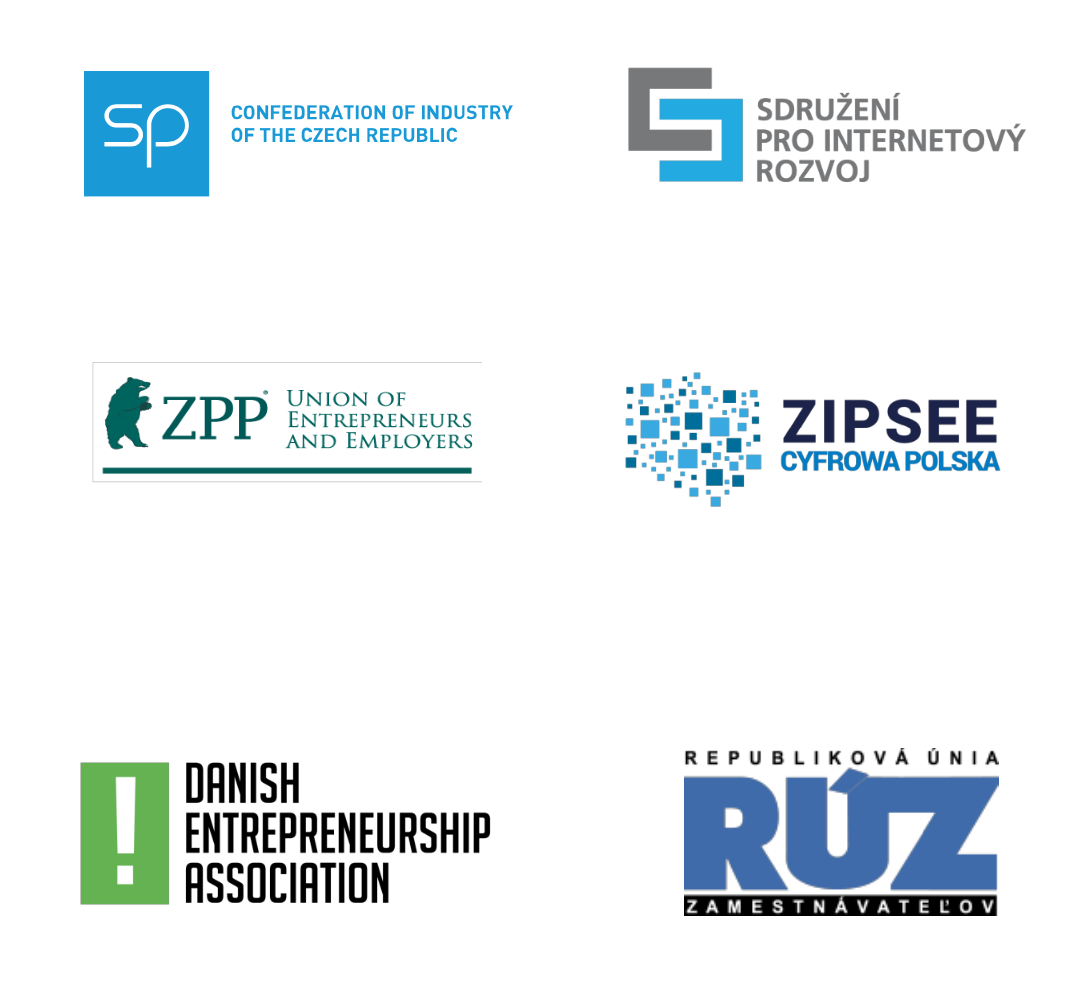PRAGUE, 8 OCTOBER 2019
Dear Presidency, dear Attachés,
We, the undersigned European associations and companies, share the European Commission's view that privacy, data security and a responsible approach to data handling are a necessary condition for the development of breakthrough technologies such as artificial intelligence, but also a competitive advantage and added value that European companies can offer.
At the same time, we are deeply concerned about the current text of the proposal for a Regulation of the European Parliament and of the Council concerning the respect for private life and the protection of personal data in electronic communications (ePrivacy Regulation) which is now entering a stage where we see a real threat of moving to the next level of discussions within the EU Council. As we are aware about meeting of the Working Party on Telecommunications and Information Society which will take place on 11 October 2019 and it may decide whether a ministerial agreement will be reached on the Telecommunications Council on 3 December 2019, we have decided to jointly approach you and share our concerns.
Nevertheless, we consider the current situation alarming, because despite all the efforts so far during the ePrivacy Regulation negotiations it has still not been possible to achieve such a quality and understandability of text that would prevent a negative impact on both industry and users. In the text of the Regulation, there are still many technical aspects, such as in Article 6 to 6c on permitted processing and in Article 8 on the protection of the end users ́ terminal equipment, which are nearly impossible to apply in practice.
Another serious issue is, that despite repeated requests, neither relationship to GDPR nor to the Code for Electronic Communications has been clarified. We consider mutual harmonisation and interconnectedness of these regulations crucial for their functioning in practice. Neither of the final versions of the above mentioned regulations has been subjected to a detailed impact analysis of the compliance with the ePrivacy Regulation. Furthermore, the authors of the proposal did not analyze in the original impact study how the inclusion of M2M and usage of IoT in enterprises into the scope of the Regulation affects the use of these technologies in industry.
A fundamental problem also is the continuing uncertainty about the circumstances under which the M2M communications, the Internet of Things, and other related areas such as Robotics, digitalisation and Artificial Intelligence, will fall within the scope of the Regulation. There is a lack of practical examples of the specific services, products and devices that will be included to the scope of the Regulation and which will not. Therefore it is nearly impossible for the industry to understand how to apply the relevant provisions in practice.
We appeal to you, in order to secure further development of the digitization of European companies and industry, to ensure that the current draft text is not moved to the next stage of discussions and that negotiations will continue at the level of the expert Working Group. It is essential to achieve maximum clarity of text so that e-Privacy will not hinder technological development and will achieve clarity and harmonisation with GDPR.
